Nation Assessment and Transformation Services
Here is a basic outline for a church-based city transformation program based on the application of the biblical worldview through a strategic plan. This outline focuses on the five historically proven stages that generate transformation:
1. Awakening & Recruiting


Objective: To develop a clear vision based on biblical principles that inspires leaders and the congregation.
Activities:
- Strategic planning sessions to define the mission and vision for transformation.
- Workshops on biblical worldview.
- Identification of core values and myths in the culture.




2. Training Leaders
Goal: To actively involve the congregation in the transformation process.
Activities:
- Creation of small groups to discuss and implement the vision.
- Participation in community projects.
- Prayer and social reflection initiatives.
3. Networks & Transformation Equipment
Objective: To equip church leaders with the skills and knowledge necessary to transform their sphere of influence.
Activities:
- Training programs for church leaders.
- Development of leadership skills focusing on integrity and service.
- Establishment of leadership teams within the church.
Consulting and Advising to Generate a National Transformation Movement
5 Stages to Transform a Nation
This outline provides a structure in which to work to generate integral transformation in the community and the city from the church's perspective. It is important to customize each stage according to the specific needs and context of the community and church involved.
4. Plans & Construction National Agenda


Objective:To make a strategic plan for the city for 15, 10 and 5 years.
Activities:
- Conduct a research of the indicators of the city.
- Mapping of the entire city in each sphere (spiritual, economic, political, educational, etc.).


5. Project Execution and Multiplication
Goal: Ensure that transformation efforts are sustainable and replicable.
Activities:
- Continuous evaluation of impact and adjustment of strategies.
- Formation of alliances with other churches, organizations and companies.
- Creation of a manual of best practices and testimonies of transformation.
Biblical Assessment
Prospering Nations Model
Evaluation Focused on the 5 Signs of a Healthy Nation
Evaluate your nation with our comprehensive tool that measures the spiritual health of a community, city or nation based on 5 signs, 15 domains, 30 critical standards, and over 100 key indicators. This tool identifies an accurate x-ray of the state of the nation and the areas that need more attention from governments, churches, civic organizations and families.
It is a tool for measuring and evaluating transformational impact.
5 Domains
The following spheres are evaluated: Spiritual, Educational, Governance, Economic, and Social.
Each sphere is evaluated through 15 focus areas.
All nations are evaluated by means of 30 critical stages that provide the signs of a prosperous nation.
15 Areas of Focus
30 Critical Standards
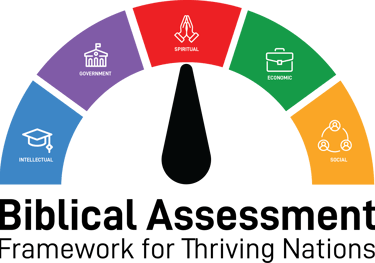

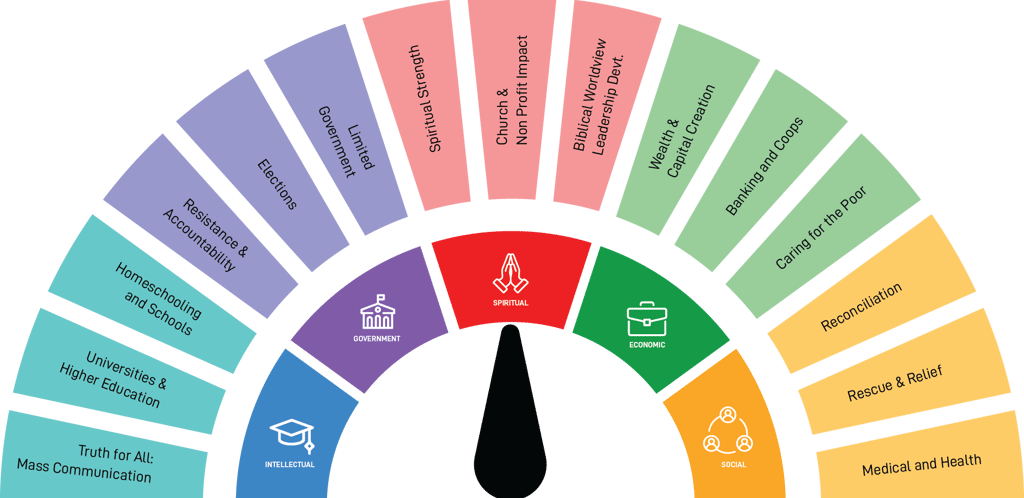

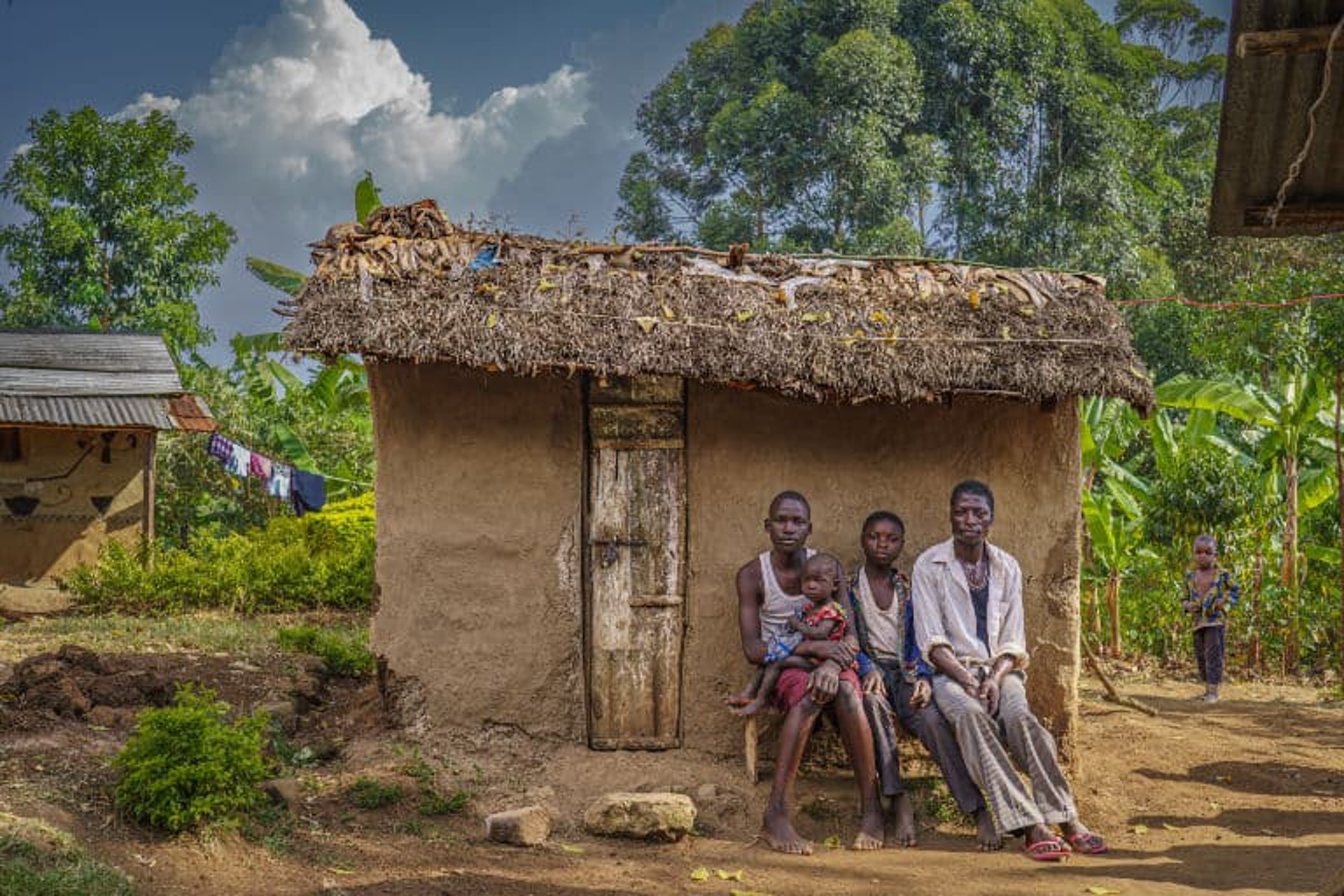
Community Development
Poverty elimination project turning communities into micro-cities in 6 years. To achieve this objective, our program has a holistic approach in 3 fundamental areas detailed below.
Virtuous Economic Ecosystem
Cultural Capital Formation through the Church and Civil Organizations
Infrastructure Projects and Successful Public Policies to Facilitate Development






How to turn a precarious community into a city in 6 years
Project
“Revealing Toxic Mentalities and Myths that Impede Human Flourishing.”
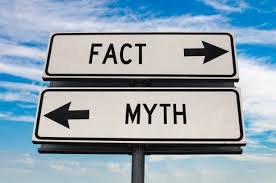

Myths
Cultural beliefs that are subconscious and drive identity and nationalism.
Cultural & Psychographic Worldview Assessment
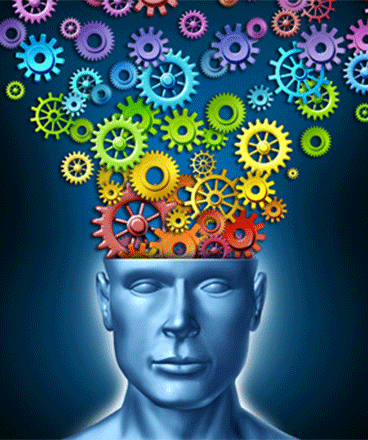



Mindest & Beliefs
Identify the cultural lies that prevent the nation from prospering.
Values & Priorities
Identify the things that each culture values most, which drive their behavior and conduct.




Evaluative Model of City Mapping
An Evaluative City Mapping Model is a conceptual tool that helps to identify and map the spiritual, social, economic, educational etc. elements and dynamics within an urban-suburban environment. This type of model is used to better understand how various spiritual influences and practices interact within the city, and how they affect its inhabitants.


Workshop - Consulting
Build a National Agenda
Today, international organizations seek to impose their own agendas on nations, agendas that do not reflect their faith and principles. Nations need to build their own agenda, and we can help them provide a vision and a desired future for their country.
Unified Vision and Objectives: Establishes a clear, shared vision for the country's future. This helps align priorities across different sectors and levels of government, ensuring everyone is working toward common goals.
Strategic Planning: A national agenda provides a strategic framework for addressing major challenges, such as economic development, healthcare, education, infrastructure, and security.
Public Participation and Trust: Creating a national agenda often involves input from various stakeholders, including citizens, businesses, and nongovernmental organizations. This inclusive process can increase public trust and commitment to a national vision.
Guide to Legislation and Policy: A national agenda serves as a guide for legislative priorities and policymaking, helping legislators focus on areas deemed critical to national well-being in accordance with the previously outlined vision of the nation.
Performance Measurement: Provides benchmarks and indicators to measure progress and success. This accountability helps ensure the country is heading in the right direction and making necessary adjustments over time. This transcends the agenda of a single political party or government in power.
International Positioning: A clear agenda can enhance a nation's standing on the global stage by providing a framework for each nation's sovereignty in cooperation with international organizations and demonstrating commitment to global norms and standards.
In general, a national agenda helps create a coherent and proactive approach.


